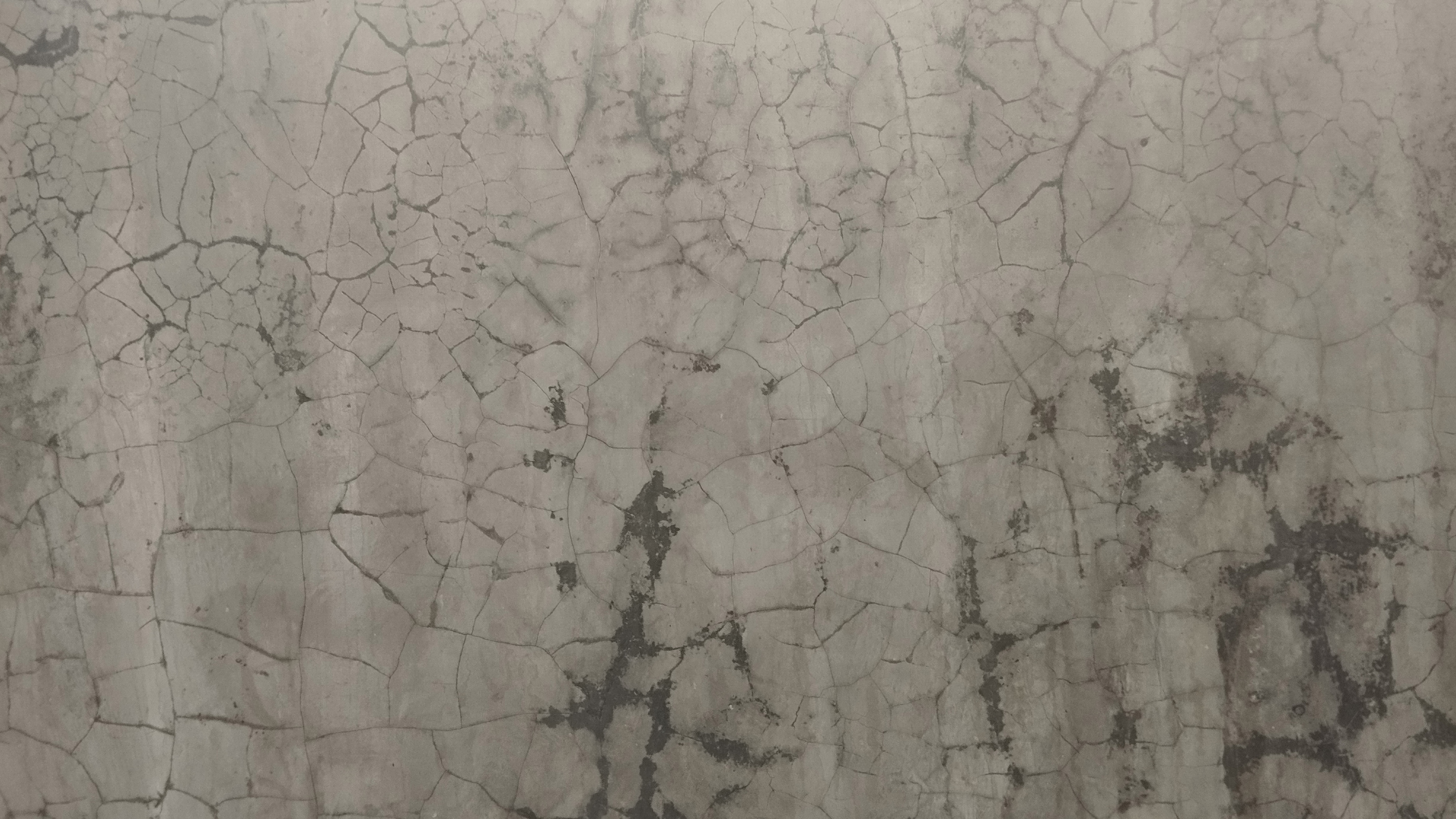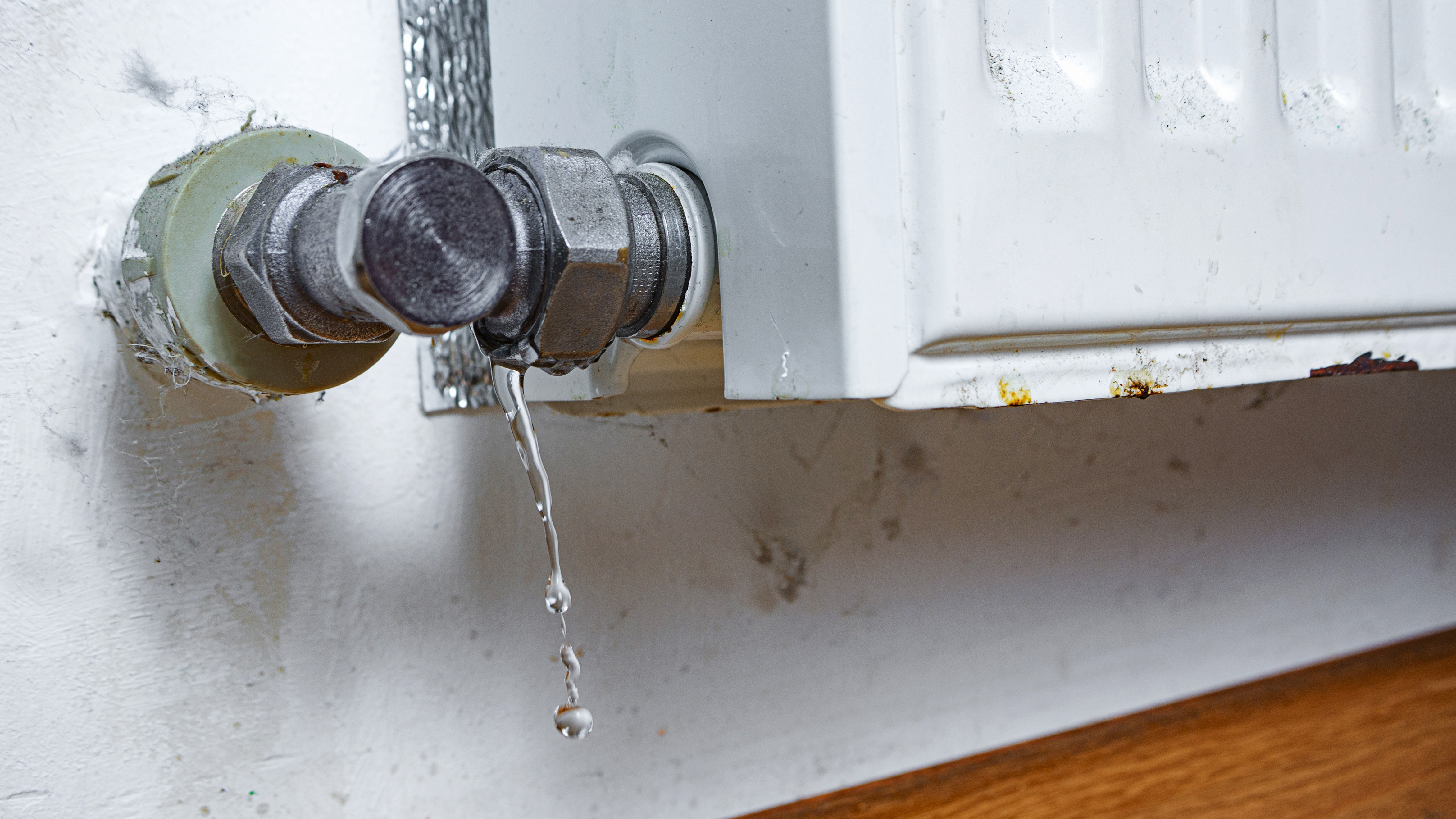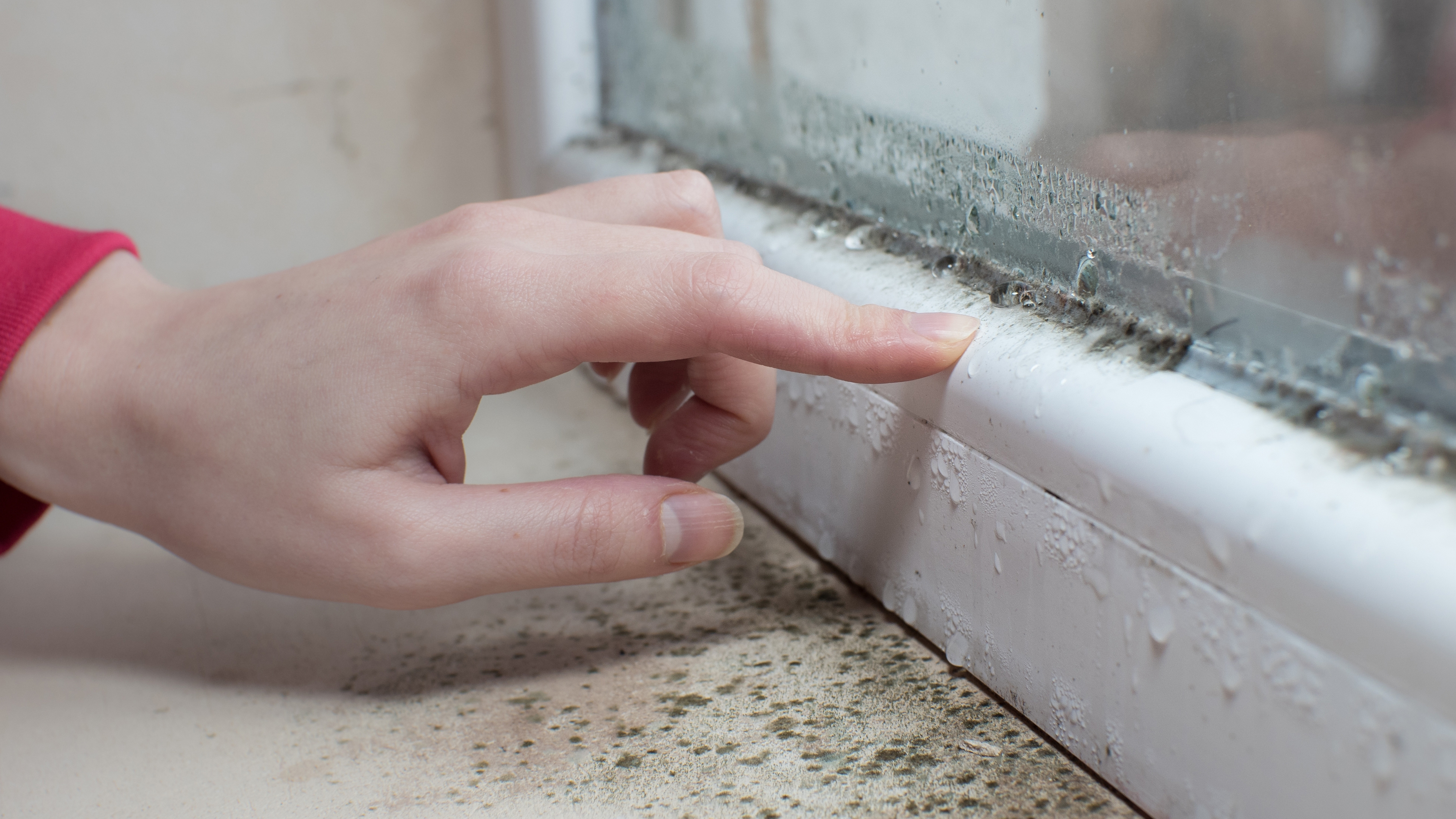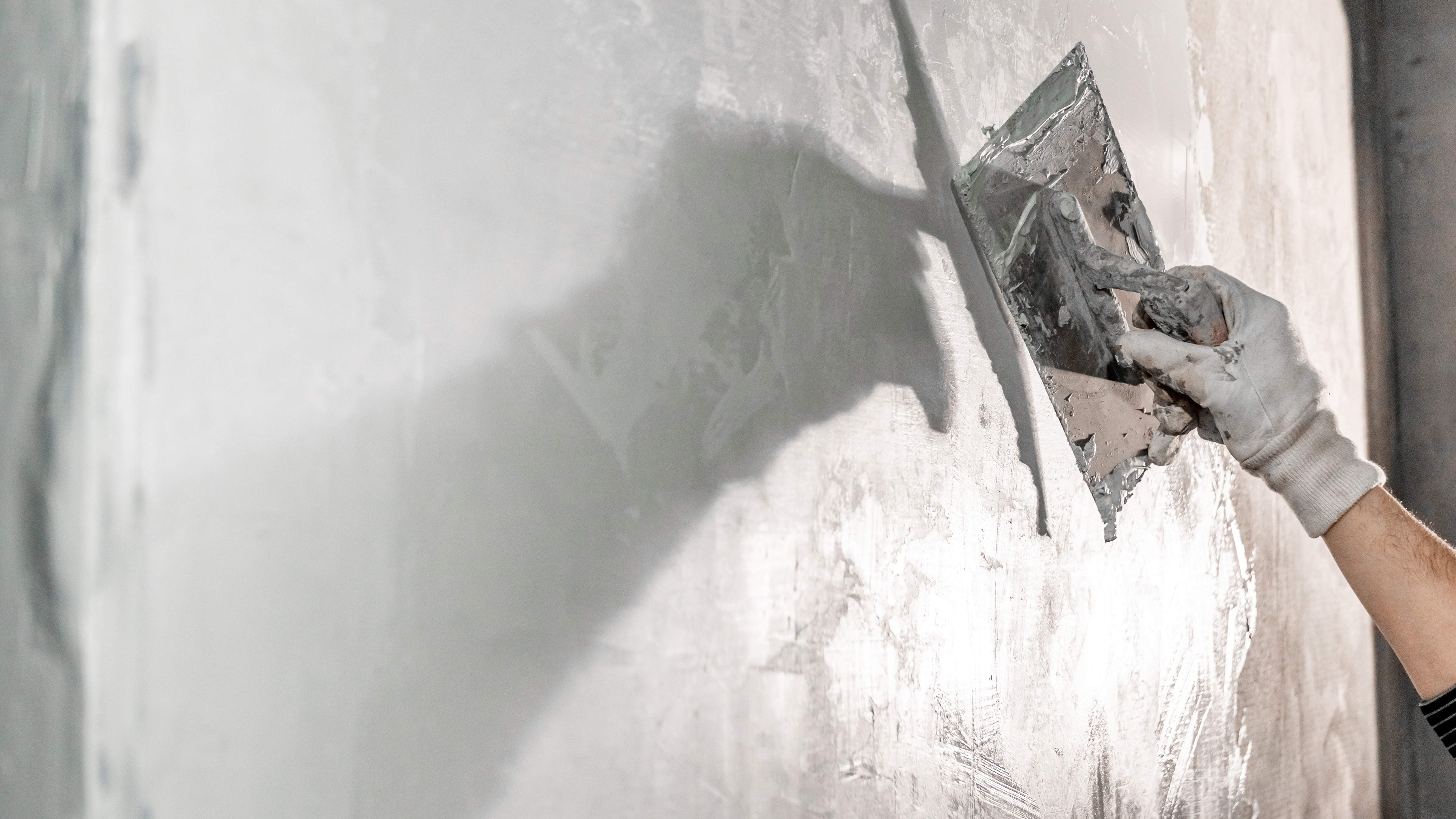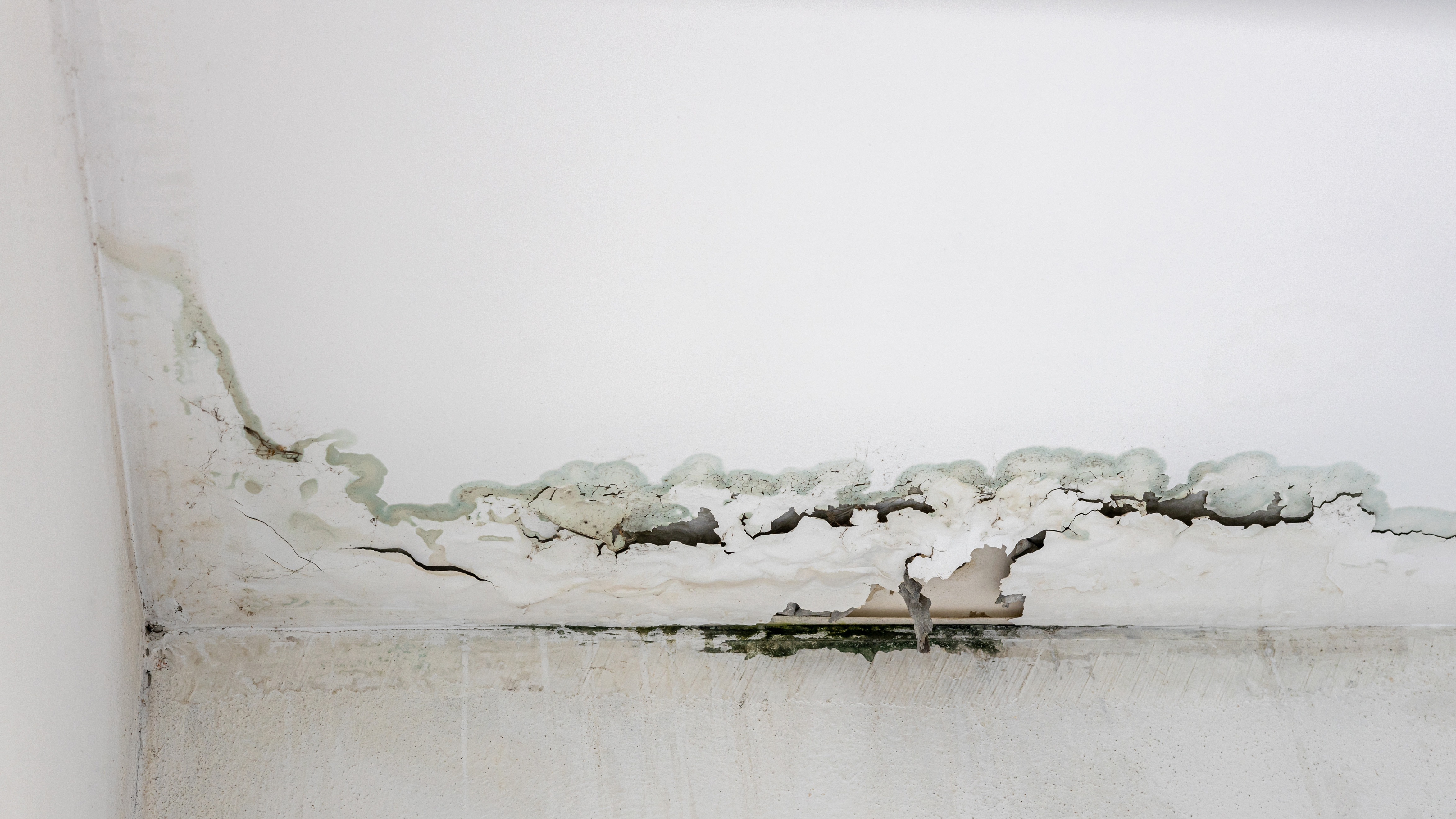
Renovation
Damages from water seepage? Here are the solutions
Water seepage can be a nightmare for homeowners, causing structural damage, stains, and mould. To protect your home effectively, you need to know all you can about its signs, causes, effects, waterproofing solutions, and preventive measures.
Water damage can silently wreak havoc on Indian homes, with water seepage being one of the most pervasive issues. Left unaddressed, it can compromise structural integrity and lead to long-term financial burdens. The good news is that proper waterproofing solutions can protect your home from these damaging effects.
This article delves into the causes and signs of water seepage, its impact on your home, and the steps you can take to address it. It also provides insights into effective waterproofing solutions and preventive measures tailored to Indian homes.
What is water seepage?
Water seepage is the slow infiltration of moisture through walls, floors, or ceilings, often without visible signs initially. Unlike leaks, water seepage is caused by the gradual absorption of water into building materials like concrete, brick, or wood. It often occurs in regions with high rainfall or poor construction quality.
Water seepage through walls can happen due to capillary action, cracks, or unsealed joints. Over time, this moisture accumulates, leading to structural and aesthetic problems. Understanding these processes is key to identifying your home's waterproofing solutions.
Signs of water seepage
Water seepage reveals itself through various warning signs. Recognising these indicators early can help homeowners prevent further damage.
Visual indicators
These are the easiest signs to spot, as seepage often leaves visible traces. Common visual indicators include –
- Water seepage on walls, seen as yellow or brown stains
- Peeling or bubbling paint, often due to trapped moisture
- Efflorescence, a white chalky residue from evaporated water
Structural indicators
Over time, water infiltration weakens materials, leading to structural changes. Watch out for –
- Sagging ceilings or walls, signalling water retention
- Swollen wood or warped drywall caused by prolonged dampness
- Cracks that expand as moisture seeps into the structure
Sensory indicators
Seepage can also affect the air quality and comfort of your home. Key sensory signs include –
- Musty odours, especially in damp or closed areas
- A persistent feeling of humidity, even in dry weather
Causes of water seepage
Water seepage can result from structural flaws, environmental conditions, and poor maintenance. Understanding these causes is essential for long-term prevention.
Construction issues
Faults during construction are among the leading causes of seepage. Common issues include –
- Lack of proper waterproofing solutions during building phases
- Use of substandard materials that fail to resist moisture
- Poor sealing of joints, especially in bathrooms and balconies
Environmental factors
Natural conditions often contribute to seepage, especially in areas with heavy rainfall. Examples include –
- Heavy rainfall and high groundwater levels that lead to water seepage through walls and foundation
- Humidity and temperature changes that cause expansion and contraction, creating entry points for the water seepage
Maintenance gaps
Neglecting regular maintenance allows minor issues to worsen over time. Key maintenance-related causes are –
- Blocked gutters and drains directing water towards walls and floors
- Leaky plumbing accelerates water seepage from the floor and internal structures
- Ignoring early warning signs, which allows problems to grow
Detrimental effects of water seepage
If left unaddressed, water seepage can have serious consequences. These effects are categorised into structural, health-related, and aesthetic impacts.
Structural damage
Seepage weakens the foundation and structural elements of a home. Key damages include –
- Weakening of walls, ceilings, and foundations due to moisture retention
- Corrosion of steel reinforcements, reducing the overall stability of the building
Health hazards
Damp environments promote the growth of harmful microorganisms. Health risks include –
- Growth of mould and mildew, leading to respiratory issues and allergies
- Poor indoor air quality caused by persistent dampness and odours
Aesthetic issues
Beyond structural and health problems, seepage also affects the appearance of your home. Common aesthetic problems include –
- Unsightly stains, peeling paint, and warped finishes that reduce property value
- Persistent damp patches that mar the visual appeal of interiors
Solutions for water seepage
Effective waterproofing involves addressing specific problem areas with targeted methods. Here’s how homeowners can combat seepage –
Roof waterproofing
- Roofs, whether flat or sloped, are vulnerable to water seepage during heavy rainfall. Flat roofs often face water pooling, while sloped roofs may experience leakage through joints and damaged tiles. Protective coatings or sealants prevent moisture from penetrating, ensuring roofs remain resistant to seepage.
Exterior wall waterproofing
- Exterior walls exposed to heavy rain require high-quality waterproof coatings. These protect against water seepage through walls, maintaining appearance and integrity. Properly sealed walls also prevent moisture from seeping into interior spaces, reducing the risk of mould and stains.
Floor waterproofing
- Water seepage from the floor can occur throughout the home, but bathrooms and kitchens are particularly vulnerable due to constant water exposure. Effective waterproofing creates a durable barrier, keeping these high-moisture areas safe.
Balconies and terraces
- These outdoor spaces are exposed to extreme weather, making them vulnerable to water pooling. Advanced protective layers create a durable barrier, ensuring the surface remains free from seepage while withstanding wear and tear caused by changing temperatures.
Water tank waterproofing
- Water tanks often develop small leaks that lead to seepage in nearby walls or floors. Specialised waterproofing solutions can seal tiny gaps and pores, preventing water from escaping and ensuring the structural integrity of the surrounding area.
How homeowners can prevent future seepage
Taking proactive steps can minimise the risk of seepage. Key measures include –
Regular inspections
- Conduct routine checks in high-risk areas like basements, bathrooms, and roofs. Early detection of water seepage on the wall or floor can prevent escalation.
Drainage maintenance
- Ensure gutters and drains are clear of debris to prevent water pooling and water seepage from the floor. Proper drainage channels rainwater away from your home, reducing seepage risks.
Sealing and coating
- Apply waterproof sealants to windows, doors, and other openings. Use weatherproof coatings to enhance moisture resistance and prevent water seepage on walls during renovations.
Landscaping adjustments
- Grade the soil around your house to direct water away from the foundation. Avoid planting water-thirsty trees with invasive roots near walls or basements.
Stop water seepage, and safeguard your home!
If left unchecked, water seepage can significantly damage your home, affecting aesthetics and safety. By identifying signs early and implementing robust waterproofing solutions, homeowners can protect their properties against water seepage and its long-term consequences.
Dr. Fixit offers a wide range of products tailored for Indian homes to address every waterproofing need, from roofs to bathrooms. Rely on proven waterproofing solutions to protect your home against water damage. Fill out the form below to get started today!
FAQs
FAQ#1 – Is seepage in walls harmful to one’s health and house?
Yes, seepage in walls is harmful to both health and property. It weakens structural integrity and promotes mould growth, leading to respiratory problems and allergies. Addressing seepage with waterproofing solutions is essential.
FAQ#2 – Can paint prevent wall seepage issues in flats?
Waterproof paints and coatings can help reduce wall seepage issues by creating a protective barrier against moisture. However, they are not a complete solution. Addressing the root causes of water seepage through walls is necessary for long-term prevention.
FAQ#3 – Is wall seepage harmful to houses?
Yes, wall seepage is harmful. It can cause cracks, peeling paint, and corrosion of reinforcements. Over time, water seepage weakens the structure, reducing the property’s durability and value.
FAQ#4 – What can be done to prevent wall seepage?
Prevent wall seepage by using high-quality waterproofing solutions during construction or renovation. Regular inspections, crack sealing, and proper drainage are essential to keeping walls dry and protected.
Get Professional Waterproofing Solutions Today
Fill The Form below to took free site evaluation by Dr. fixit point safe painting service expert

